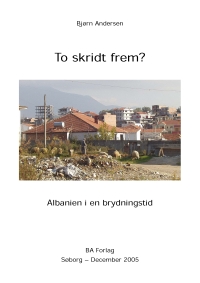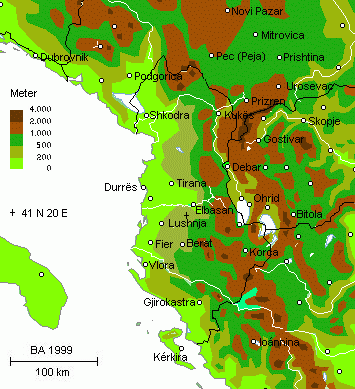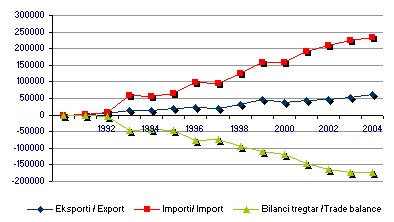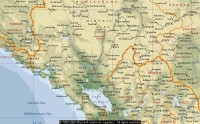Sidste Nyt fra Albanien, Kosóva og Makedonien
The Latest News from Albania, Kosóva and Macedonia
# 289 - 8' årgang - 27.01.2006
Version 2.0 •
PDF for printing •
Info om »Sidste Nyt«
Udgiver:
Bjørn Andersen
Publisher:
Bjoern Andersen
Præsident Rugóva er død.

Præsident Moisiu foran Præsident Rugóva's kiste i Prishtina. Officielt foto
![]()















